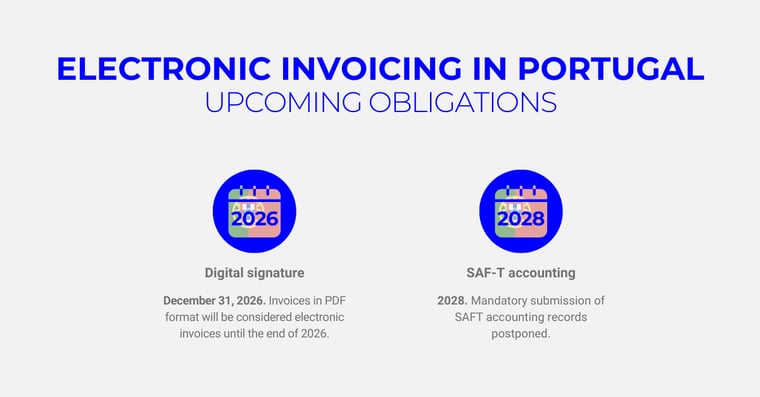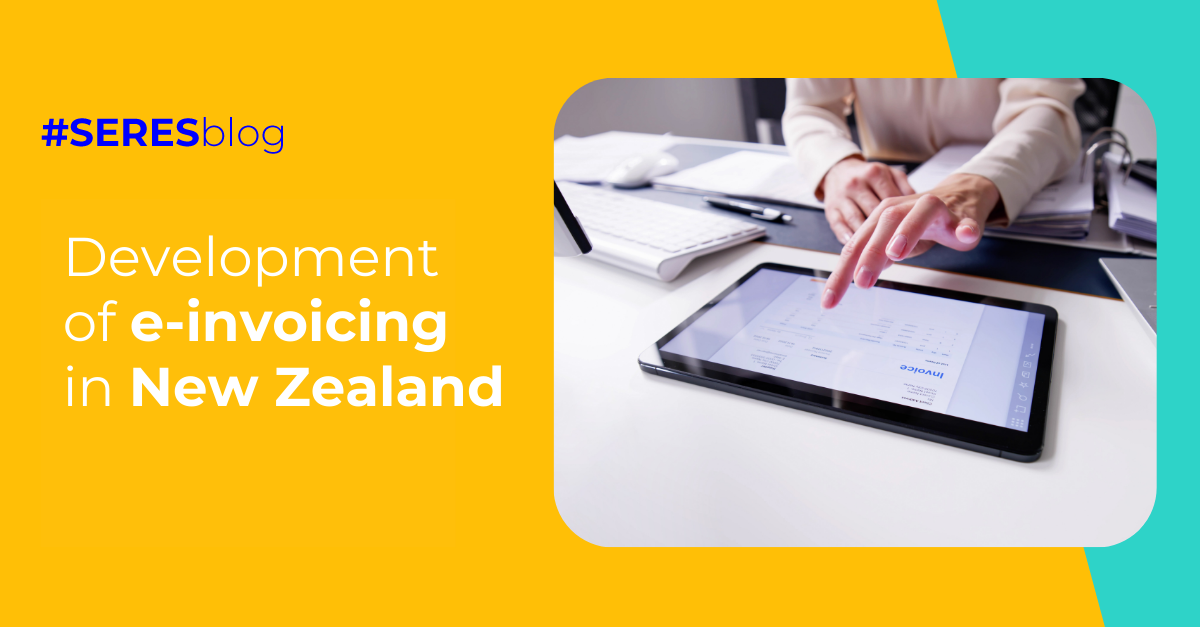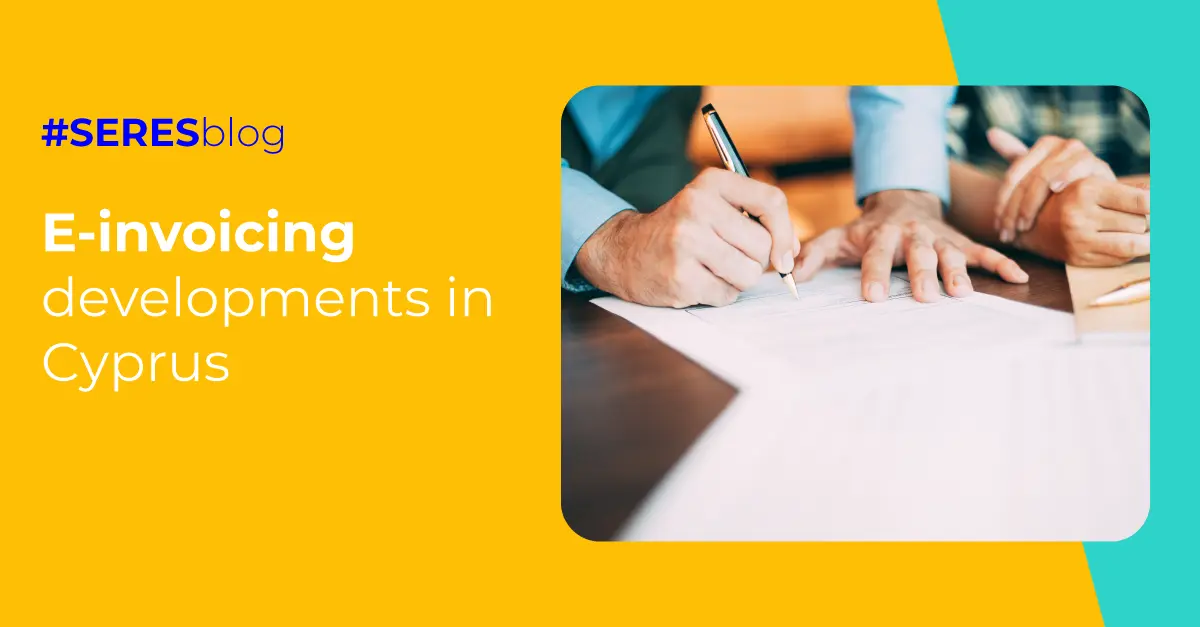Portugal postpones B2G e-invoicing for SMEs
The current government's proposals for the 2026 state budget will directly affect e-invoicing and tax reporting in Portugal.
According to paragraphs 2 and 3 of Article 80, this new set of measures would directly influence SAFT reports and PDF invoices.
- The mandatory submission of SAFT accounting will be postponed until 2028.
- PDF invoices will be considered electronic invoices until the end of 2026, which extends the deadline by one year.
According to Decree-Law No. 13-A/2025, e-invoicing has already been declared mandatory for all companies starting January 1, 2026.
Following the state budget, micro-, small-, and medium-sized enterprises will be able to continue issuing PDF invoices until December 31, 2026. However, once that date arrives, they must adopt the CIUS-PT structured format with a qualified electronic signature.
Additionally, micro, small, and medium-sized enterprises may use mechanisms other than electronic invoices in the CIUS-PT structured format.
Starting January 1, 2026, a qualified electronic signature (QES) will be required.

History of e-invoicing in Portugal
The Portuguese Tax and Customs Administration (TA) and the Portuguese government began working to make e-invoicing mandatory in Portugal in 2004 with the publication of Decree-Law No. 256/2003, which established the basis for e-invoicing in the country.
As of 1 November 2009, Decree-Law No. 18/2008 required all transactions related to public contracts to be conducted electronically through various certified electronic platforms.
In 2014, Directive 2014/55/EU was published at European level, which gave new impetus to the standardisation of e-invoicing in public administrations.
Following this line, a new update of the Public Procurement Code was published on 31 August 2017, amending Decree-Law No. 18/2008 to make B2G e-invoicing mandatory throughout the country as of 1 January 2019. This date has been extended to 18 April 2020 for local public administrations.
In January 2021, B2G e-invoicing will become mandatory for large companies. And finally, in 2023, it is expected to be extended to all companies in the country, including micro, small and medium-sized enterprises and public entities such as contracting authorities.
How does e-invoicing work in Portugal?
The B2G e-invoicing system in Portugal is based on a decentralised model, so that public entities can use the invoice reception platform provided by eSPAP or develop their own platforms for receiving, validating and processing electronic invoices. This connection can be made via the AS2 protocol or via web services.
Since, in this particular case, all invoices issued by a company must be generated by software approved and certified by the Portuguese authority, in order to comply with the standard it is necessary to use software that meets the characteristics of a solution audited and certified by the Portuguese DGCI, in accordance with the requirements established by Portaria Nº 363/2010 and 340/2013.
The eSPap (Entidade de Serviços Partilhados da Administraçao Pública) is responsible for coordinating the implementation of the electronic invoicing system in Portugal.
The role of the ATCUD code and the QR code in e-invoicing in Portugal
In order to simplify the communication of invoices, increase control over transactions and combat tax fraud, the Portuguese TA has made it compulsory to include the ATCUD (Code Validation Numero Sequential) and QR codes on invoices and related tax documents.
ATCUD codes must appear on all invoices and must be legible, regardless of the medium on which they are presented to the customer, whether electronic or printed.
The QR code on invoices only applies to invoices presented on paper or as a signed PDF. In documents with more than one page, the ATCUD appears on all pages, while the QR can appear on the first or last page.
In order to include ATCUD and QR codes on invoices, a software solution certified by the TA and the serial validation code issued by the TA will be required.
From 1 January 2023, invoices must include the unique document code ATCUD (Code Validation Numero Sequential) and paper or PDF invoices must include a QR code.
Electronic tax reporting project in Portugal
The Portuguese tax system provides for the reporting of tax and accounting information through the SAF-T (Standard Audit Tax Purposes) system.
As a recent innovation, according to the Ministerial Order no. 31/2019 of 24 January, the SAF-T file declaration is applicable for the 2026 and subsequent periods, to be filed in 2027 and subsequent years.
The mandatory nature of the SAF-T file was established by the Código do Imposto sobre o Valor Acrescentado (CIVA), while the technical requirements, with a structure in XML format, were established by Portaria nº. 321-A/2007.
On the other hand, Portaria nº. 31/2019 establishes the specific requirements for the submission of SAF-T files to the Tax and Customs Agency (AT), and Decree-Law no. 198/2012 details the obligations related to the invoicing and communication of transport documents.
Mandatory SAF-T filing in Portugal
The obligation to file the SAF-T in Portugal applies to companies that carry out commercial activities and are established in the country. This group of companies includes all entities subject to VAT, which must submit their tax and accounting information digitally.
There are 3 types of files: the SAF-T for invoicing (to be submitted before the 5th of each month), the SAF-T for accounting (which can be submitted monthly or annually) and the SAF-T for transport documents (to be submitted before any movement of goods is initiated).
What is required to generate the SAF-T file?
It must be generated in XML format to ensure standardisation and readability of the data. For this purpose, Portuguese companies must use software certified by the TA.
On the other hand, the automation process to generate and send the SAF-T file is key. Companies must ensure that their management systems are integrated with software that facilitates the collection of accounting and tax data, and that these are submitted within the deadlines established by the applicable regulations.The file must be generated in XML format to ensure the standardisation and readability of the data. For this purpose, Portuguese companies must use software certified by the TA.



